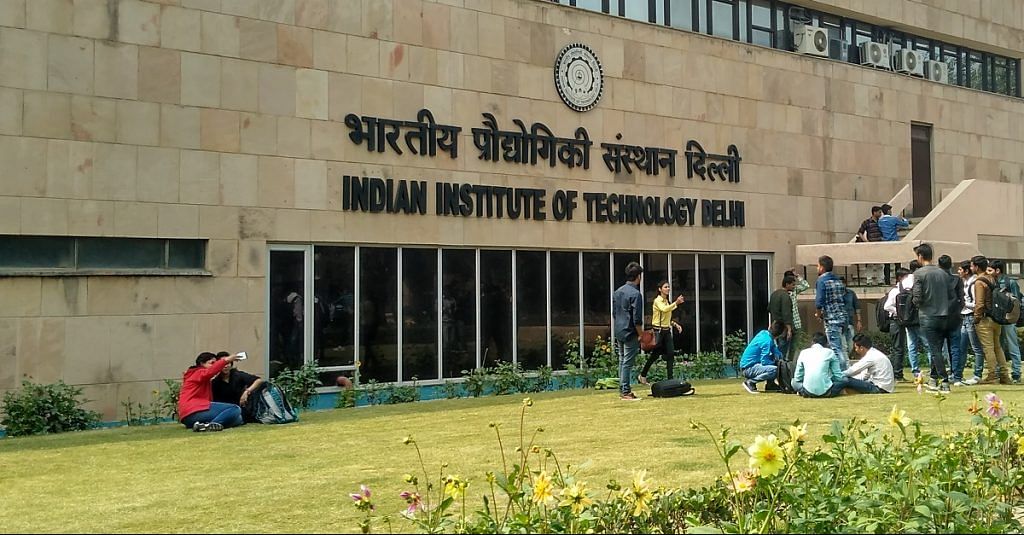Against an earlier plan of 20, govt declares 6 institutions — 3 private and 3 public — as ‘Institutes of Eminence’.
New Delhi: The central government Monday declared six institutes — BITS Pilani, the newly established Jio Institute, Manipal Academy of Higher Education, Indian Institutes of Technology, Delhi and Bombay, and and Indian Institute of Science, Bangalore — as Institutes of Eminence.
The eminence status will grant special powers to these institutes, like greater autonomy to start a new course, hire foreign faculty and collaborate with foreign institutes without government approval.
The announcement comes two years after the government had announced plans to create Institutes of Eminence in a bid to catapult them to world rankings. The human resource development (HRD) ministry had then formed a panel, headed by former Election Commissioner N. Gopalaswami, and tasked it to select 20 institutions.
The criterion for selecting the institutes was that the prospective Institute of Eminence should come within the top 500 of any of the world-renowned ranking frameworks (such as the Times Higher Education World University Rankings or QS or Shanghai’s) in the first 10 years of being declared an Institute of Eminence and “having achieved top 500 rank, should consistently improve its ranking to come in the top 100 eventually over time.”
Even as a large number of institutions including Delhi University, Jawaharlal Nehru University and the IITs applied for the coveted tag, only six were found fit.
“The Institutes of Eminence are important for the country. We have 800 universities, but not a single university in top 100 or even 200 in the world ranking. Today’s decision will help achieve this,” HRD minister Prakash Javadekar said Monday.
While the public institutions will get more funding from the government, private ones will get complete autonomy from regulations. The government will invest Rs 10,000 crore over the next few years in the public higher education institutions approved under the scheme.
Talking about the funding to IITs and IISc, Javadekar said, “This will help these institutes to grow rapidly to a scale and improve quality and add new courses. Also, do whatever is needed to become world class institutions.”
As per the guidelines for these institutes, they should get themselves listed in a ranking index of international repute within five years of notification. However, if they are not able to meet the required goals, the ministry can de-list them and revert them to their original status.
From research output to faculty involvement in research and number of peer-reviewed journals produced by the universities, many considerations were kept while selecting the institutes.
